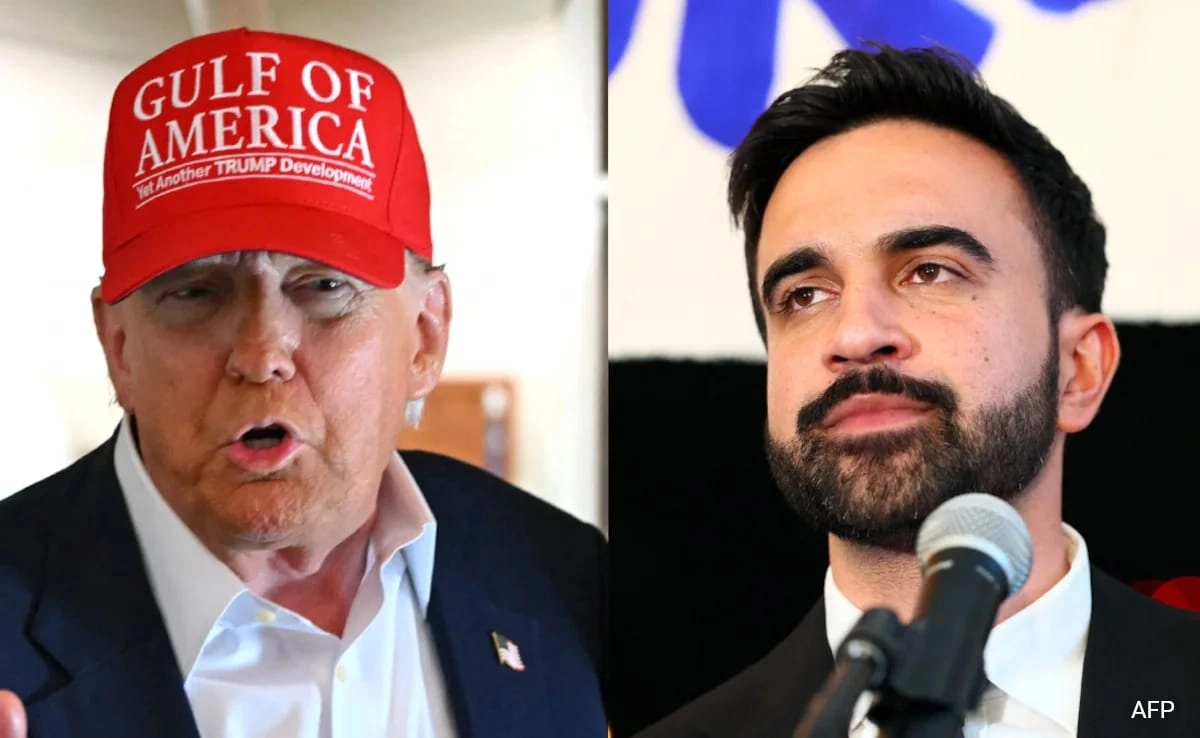In a significant move, former President Donald Trump signed an executive order that imposed travel restrictions on individuals from 12 designated countries. This decision was part of his administration’s broader effort to strengthen national security and address concerns related to immigration and terrorism. The countries affected by the travel ban included nations identified by the administration as posing heightened risks for terrorism or lacking adequate vetting procedures for travelers entering the United States. The order was met with mixed reactions, reflecting the deeply polarized views on immigration policy and national security in the United States.
The travel ban sparked widespread debate, with proponents asserting that it was a necessary measure to protect American citizens and prevent potential threats from entering the country. Supporters of the ban highlighted the importance of thorough vetting processes and the need to prioritize national security in an increasingly complex global landscape. On the other hand, critics argued that the ban was discriminatory and unfairly targeted specific nationalities, contributing to a climate of fear and xenophobia. Many human rights organizations and advocacy groups mobilized in response, calling for the protection of immigrant rights and challenging the legality of the travel restrictions in court.
Legal battles ensued, with various federal courts scrutinizing the executive order’s implications and its adherence to constitutional principles. Several judges issued temporary injunctions, halting the enforcement of the travel ban and allowing travelers from the affected countries to enter the U.S. These judicial interventions underscored the contentious nature of the order and the ongoing struggle over the balance between national security and individual rights. As the situation evolved, the travel ban remained a focal point of national discourse, exemplifying the complexities of immigration policy in America.
Ultimately, Trump’s travel ban highlighted the challenges of formulating effective immigration policies that address security concerns while also respecting the rights and dignity of individuals. The order’s implications extended beyond immediate travel restrictions, influencing perceptions of the United States as a welcoming nation and shaping the discourse around immigration for years to come. As the nation navigated the ramifications of the ban, it became clear that the issues surrounding immigration and national security would continue to be a defining topic in American political life.




